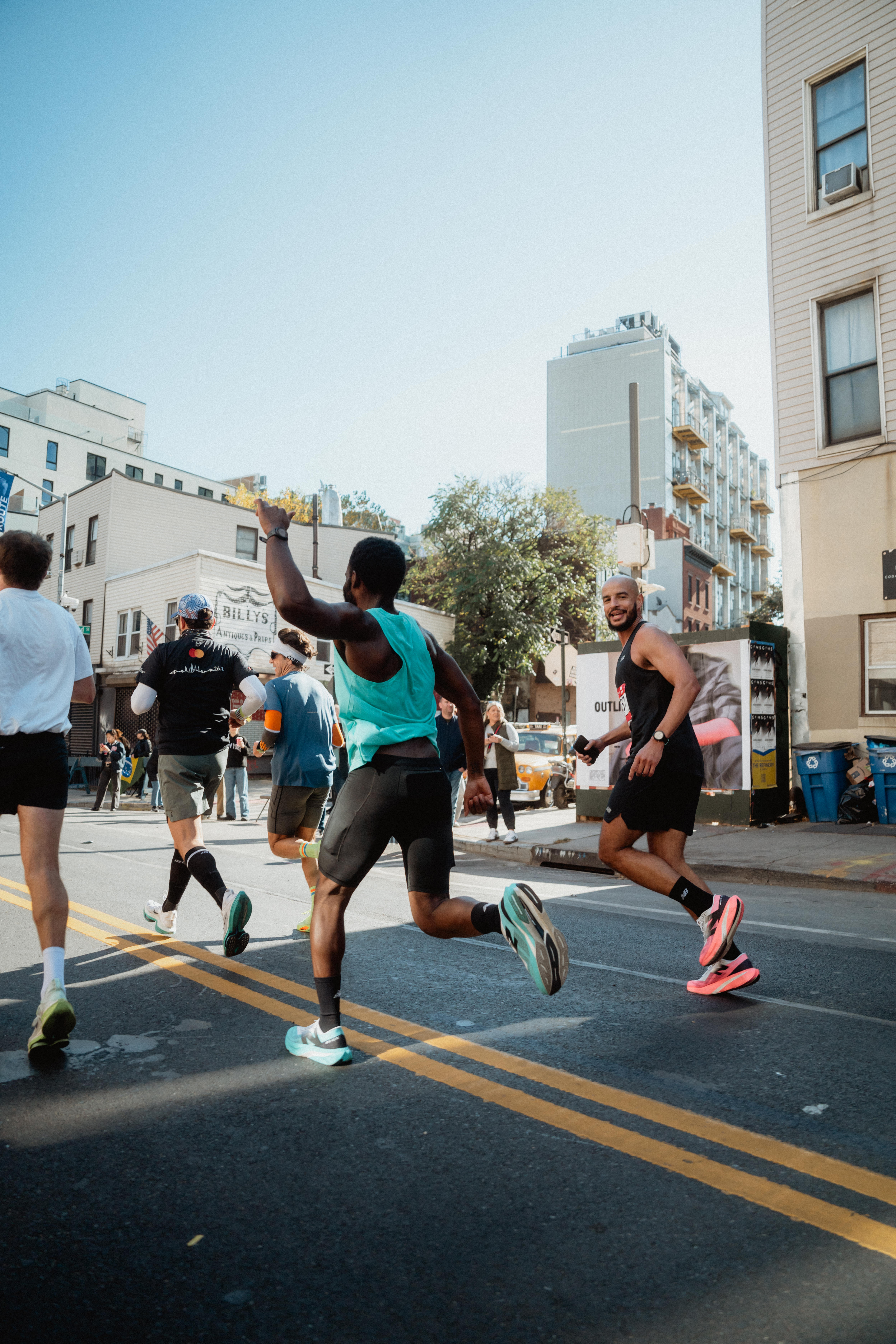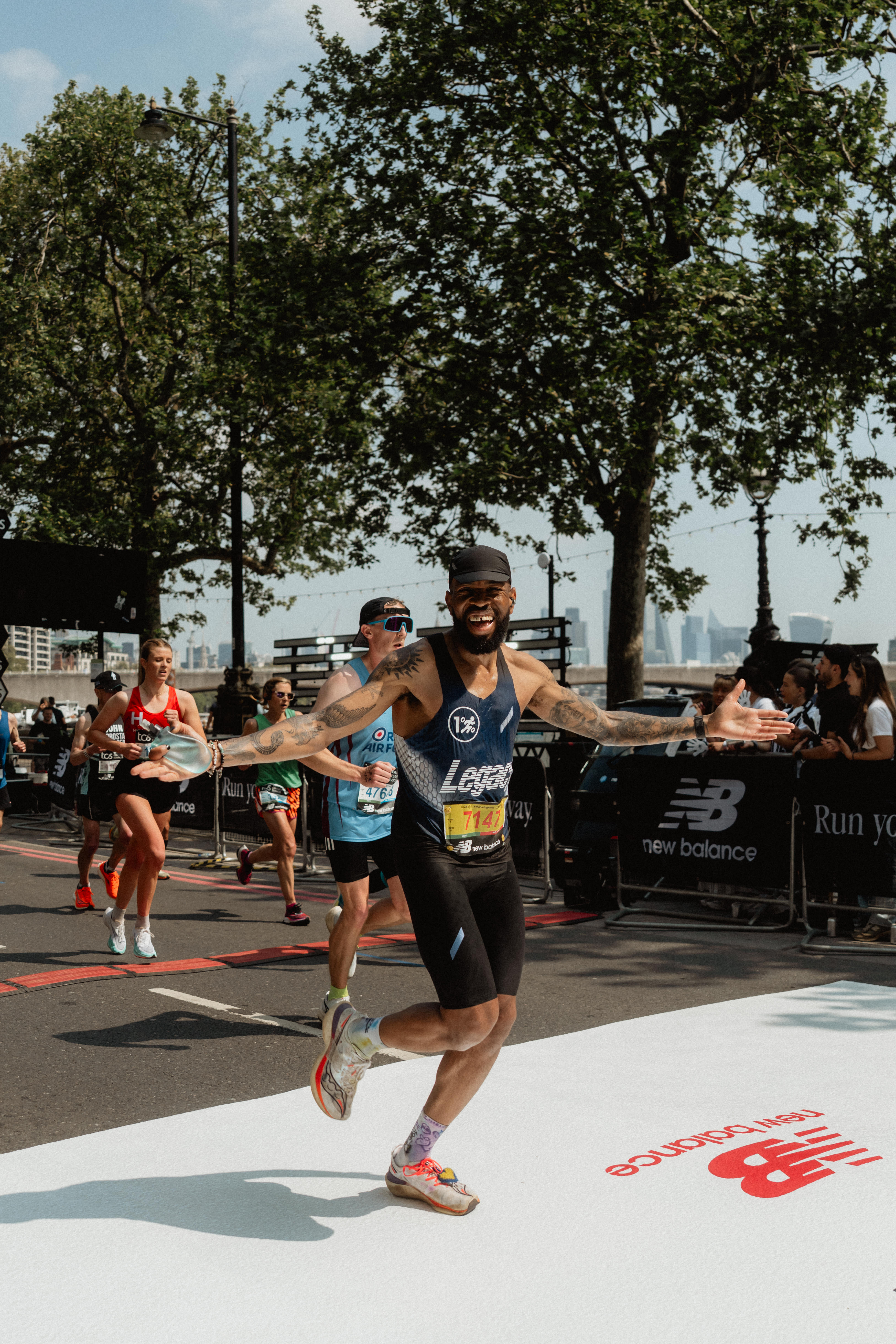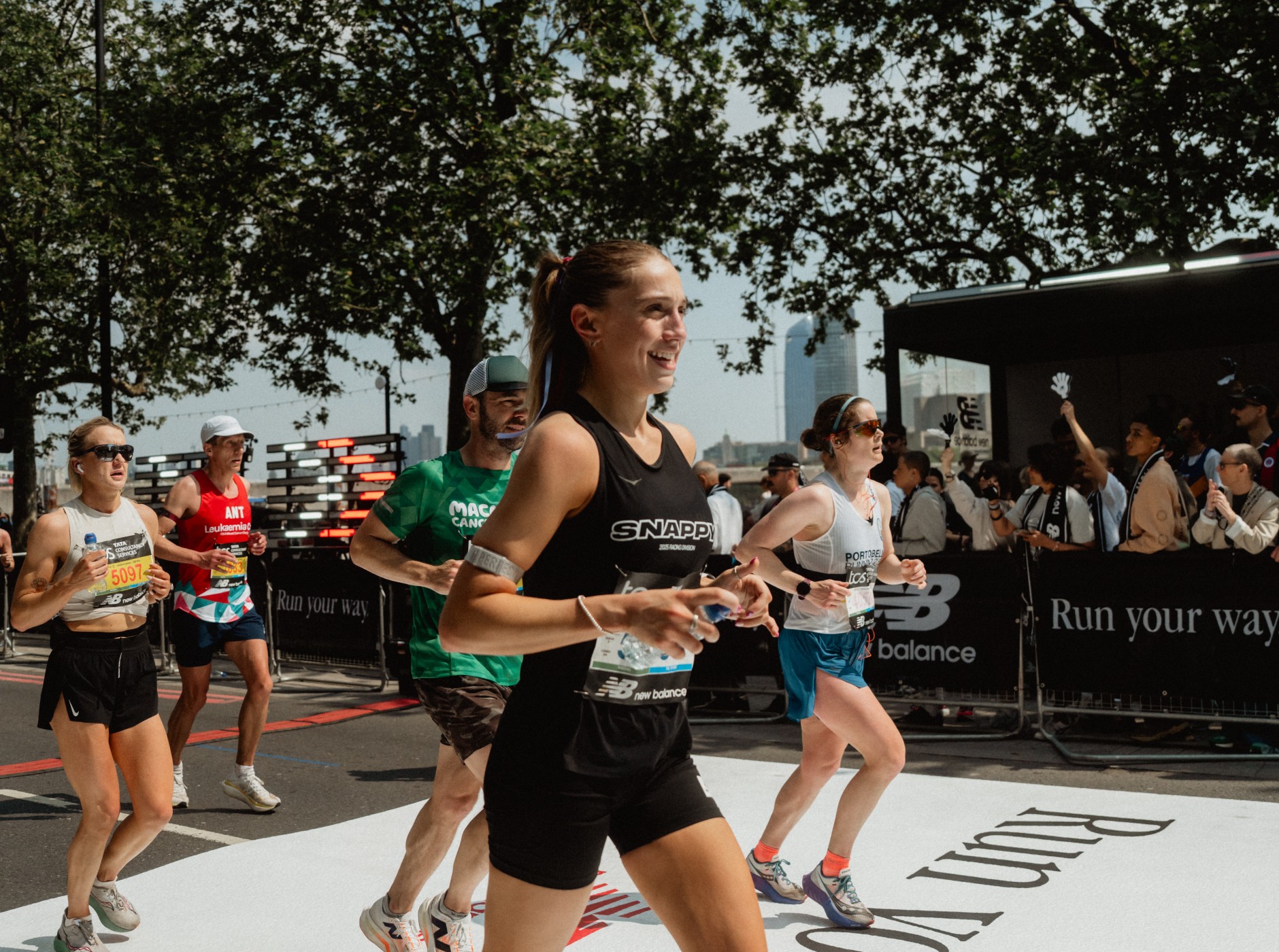Rolling around into another season of marathon racing (and still here in the Summer holidays!) we thought it was high time we dropped our top tips for travelling around running, avoiding any stresses and getting you ready for the race of your life.
The biggest tip for anyone flying to a race should be: PACK YOUR RACE KIT IN YOUR CARRY-ON!
Fortunately with the restrictive baggage policies of some of our most (in-)famous airlines here in the UK, this goes without saying. But should you decide to check a bag in, keep your race kit in your hand luggage if at all possible. This avoids any stress of your bag not showing up and not being able to run the race.Packing. The bane of most people's travels. Made even more difficult by the logistics of a race and all the necessary additions of kit that brings. Make a packing list and keep it handy for each trip, that way, you'll know what you're bringing every time you set off. To make things more simple, be strategic and pack multi-purpose items that can be used for running and casual wear. Packable jackets for rain and as a layer; cool looking tops; running shoes with a 'jeanable' look and comfort for walking... you get the picture.
This will cut down on precious luggage space as best as possible. Things getting smelly? Pack a little laundry detergent in a tiny bottle and just wash it in the sink or shower, or even better, book accommodation with laundry facilities!More packing tips, but this time, bring your own fuel! Gels, drinks, bars, chews... in whatever form is your preference, bring it with you. This is particularly the case for races abroad.
Don't rely on the on-course nutrition unless you need to since it's likely going to be different to what your preferences are. Who knows how it might affect your...um... constitution. Instead, stick to what you know. Further, thinking that you'll be able to buy something when you're there may be a mistake: with so many runners coming to town, you might not be able to grab what you need.Crossing time zones? Make sure to think about the impact the time change can have on your natural patterns and, if you can, try to adjust early if it's going to disrupt things. Flying from the UK to the US, for example, might actually help you if the race is starting early (you'll naturally wake up early if you're still 'on UK time') but the opposite might happen if you're jumping east of Greenwich Mean Time!
Also, change your clocks as soon as you get on the plane, adjusting as soon as you can will help jump-start any jetlag recovery.

Another consideration to make when thinking of what to expect on race day is the preferred unit of measurement. Kilometres or miles? In the UK we tend to have a strange mix of metric and imperial measures, leaving some of us in KMs and some of us in miles...
Going to Europe, expect markers on the course to be in kilometres (or multiples of), whilst American races skew heavily towards miles. The simple fix? A pace calculator to convert your goal pace!
Speaking of pacing, when using a GPS watch in a large event, there is a chance the signals can be interfered, making paces and distances inaccurate. Hot tip is to know your goal pace and manually split your watch at the course markers – for example, every 5km in a marathon. This way, you'll avoid any panicked surges or disappointment if the GPS goes haywire. Last thing you want is to have a PB snatched away from you simply because of a technological error!
Just like training for a race, the planning should be taken care of ahead of time. That means booking things in advance. "*sigh* obviously..." I hear you all say, and I know you're not silly; of course you've booked your flights and accommodation wayyyy in advance. But what about the smaller things? Scrapping around pre-race is a sure-fire way to add unnecessary stress to a race!
The pre-race lunch and dinner should be booked to avoid turning up to a restaurant that is already packed with runners and having to traipse around searching for an alternative. Get it planned!
Outlining the exact transport and timings to get to the start line is crucial too. Need a cab? Reserve a pick-up in advance. Need a train? Get a ticket beforehand.Mentioning dinner got me hungry... but give not into temptation of trying new foods the night before a big race. It can be exciting to go out and sample the local culinary delights, but less exciting is waking up in the morning feeling bloated, full, or worse! If you can, stick to what you know and save the Anthony Bourdain stuff for after the race.
One thing I like to do if I am able to is scout out the last few miles of the race course, especially for longer races. This way, I know exactly which turns and landmarks to expect, avoiding the feeling of dread that comes from the course making an unexpected detour en-route to the finish. Some races, especially smaller ones, don't have the infrastructure of, say, the London Marathon, so by doing your own homework you can mete out your effort and finish strong!
Happy travelling!
-Runlimited





